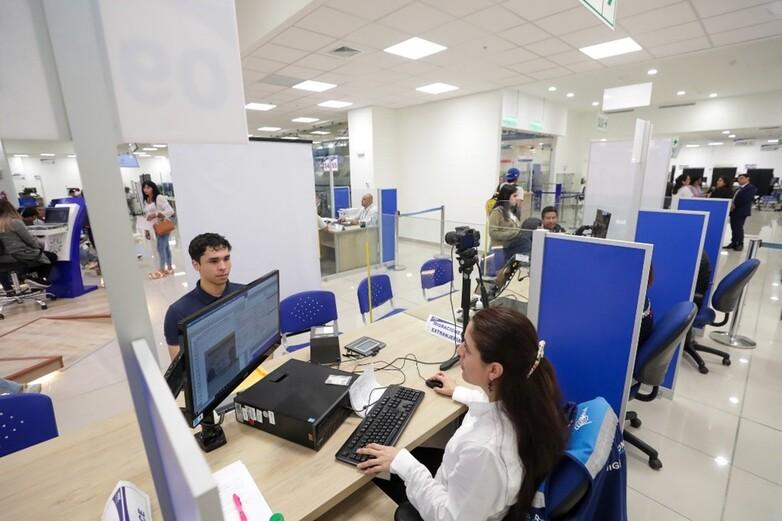Context
The country’s social and political situation is marked by social inequality and discontent, as well as by political tensions. Access to public services remains limited, in particular for the population living in remote areas and for marginalised groups, among whom the poverty rate is the highest. Seven out of 10 Peruvians are poor or are among the vulnerable population.
Many Peruvians are dissatisfied with the delivery of public services and demand better access to basic services, such as health care and education. Delivery of public goods, services and Government processes, especially by sub-national governments, are not effective enough. This observation is confirmed by the Organisation for Economic Co-operation and Development (OECD).
The highly centralised Government and administration, alongside the institutional weakness of regional and municipal administration, result in less transparent, efficient and citizen-oriented regional administration.
Objective
As recommended by the OECD, the sub-national governments have improved institutional conditions for public services so that they are accessible to the population.


